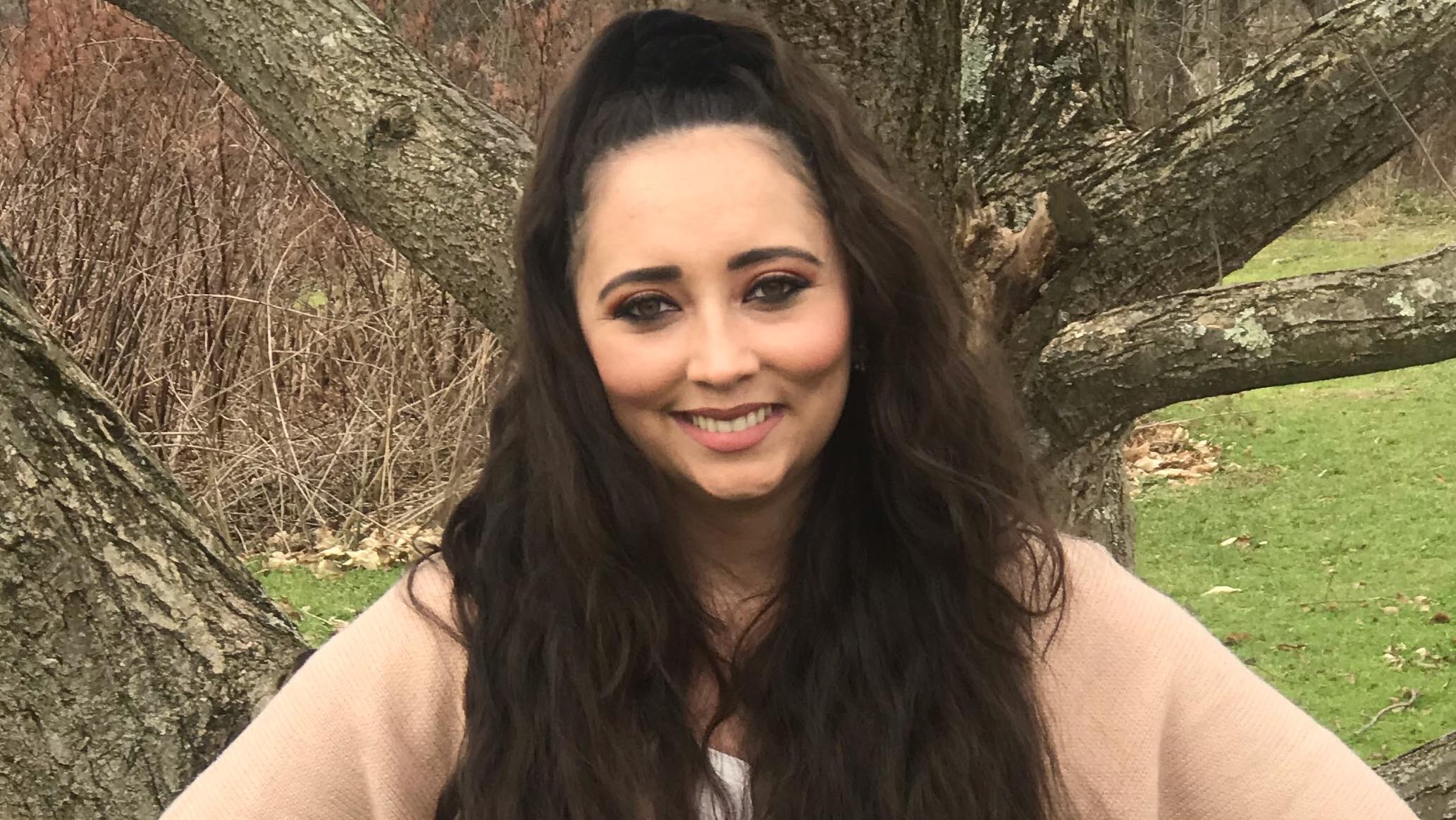"When they leave with a degree, the impact is profound," says Lisa Driscoll, who manages several programs at Cal U that help students succeed.

First-generation student Lora Rutherford is pursuing a master’s degree in clinical mental health counseling with a certificate in addictive disorders. Beginning Jan. 2, follow @CalUofPA to hear first-generation students share their college experiences.
Lisa Driscoll calls them “her kids.”
They are the roughly 300 Cal U students per academic year who come to the Department of TRIO and Academic Services at California University of Pennsylvania, where Driscoll is an assistant professor and department chair.
Some of them are among the 1,536 undergraduates at the University — about 30 percent of undergraduate enrollment for fall 2018 — who are “first-generation,” meaning neither parent has a four-year college degree.
They come for services such as the Tutoring Center, which helps with more than 100 courses, and the Reading Clinic. They come to seek scheduling advice. They come for guidance in addressing mental or physical health issues. They come for help in navigating financial aid.
They come to achieve their dream: A college degree.
Federally funded TRIO programs — awarded to first-generation students, low-income students and students with disabilities progress from middle school through post-baccalaureate programs — make the dream more attainable.
“When they leave here with a degree, the impact is profound,” Driscoll said.
“Earning a college degree is life-changing. In many cases, they’re the first people in their family to get a job in a professional position that earns a good income. It affects their families. Their siblings have watched them succeed, and now they feel empowered, too. There is a sense of pride and accomplishment. They didn’t always think they’d make it, but they did!
“We are their biggest cheerleaders on campus,” Driscoll said. “We follow them through their journeys here. We make sure they’re adjusting. We help with career goals — if you want a certain career, will that require a master’s degree? What about GPA requirements?”
First-generation student Lora Rutherford is on track to graduate in August 2019 with a master’s degree in clinical mental health counseling with a certificate in addictive disorders.
In middle school and high school, she was part of Cal U’s TRIO Upward Bound program before attending Thiel College.
As a master’s degree student at Cal U, she worked in the TRIO and Academic Services Department. Now, Rutherford is putting all her first-hand experience to use as a graduate assistant in the Success Center at Cal U and also as an intern in the University’s Career and Professional Development Center.
“I’ll walk them over to whatever department they need,” Rutherford said. “Sometimes, I’ll even ask the questions that they might not think to ask. I’ll hand them off to Social Equity, or to Dr. Pinardi in Student Affairs, or to the Women’s Center, or the Office for Students with Disabilities.
“We have a world of help here.”
At the Success Center, located in Noss Hall, Rutherford and a team of graduate assistants help students with essential topics — work ethic, motivation, time management, note-taking strategies, academic procedures and more.
Noss Hall is also home to the Writing Center, the STEM Assistance Lab, and the Peer Mentor program. The First-Year Seminar program, too, helps new students with college basics.
“I was a first-generation student, and now I’m in a grad program, and I could get a Ph.D. if I wanted to,” Rutherford said. “I have been in their situation, where I was too proud to ask questions or ask for help.
“It can make you feel vulnerable, but this is your education. Ask questions, take advantage.
"There are so many resources here to help you succeed."
